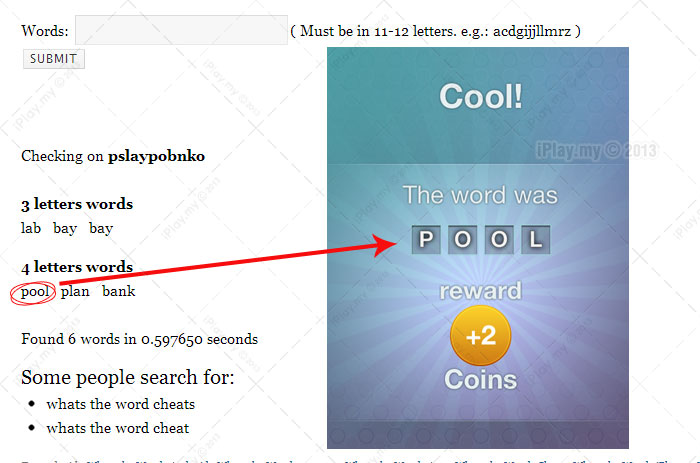
Basically it will just take a bit of patience to find a theme that you are confident in guessing words for and there hopefully aren't too many words to actually guess. This is a difficult achievement, given that not only are some words you would think fit the theme not included (like "chip" for "casino" or "fire" for "fires"), but there are also words on there that don't seem to fit very well into the themes but are still counted at the end ("red" in "fairy tales"). Themed rounds occur about every 6 games (theme, 2 normal, digram, 2 normal, theme) so it can take some time to actually get a themed round, let alone solve all of the words. I think this generally applies more so to digrams but you may come across this occurring in themes also. You do not need to find the obscure words, therefore when you find an obscure themed word it will not count towards your numbers. Take a 4x4 grid that’s set out in the following way: |0 |1 |2 |3 |Īny number less then the width of the grid is in the first row (and thus no up tile) any number equal to or greater than width *( height-1) will be the last row (and thus no down tile), and so on and so forth.In order to obtain this achievement, you need to find all "common" themed words in a themed round. This would allow simple mathamatical checks on the tile itself to infer where in the grid it would be. To represent the grid above, I decided on a simple implementation where a tile was an integer: enum Grid : int The game is simple given 16 letter tiles, create as many words as possible, while:įor example, RIOT is valid, but PILOT would not be allowed.

I had always suspected that I wasn’t good at the game luckily for me, Wordament, Microsoft’s online multiplayer tournament version, left me in no doubt at all.Ĭlearly, if I was to improve my score, I would need to diligently practice cheat. When I was younger, I used to play a word game called Boggle, where one would try to find as many words as possible from random letters.


 0 kommentar(er)
0 kommentar(er)
